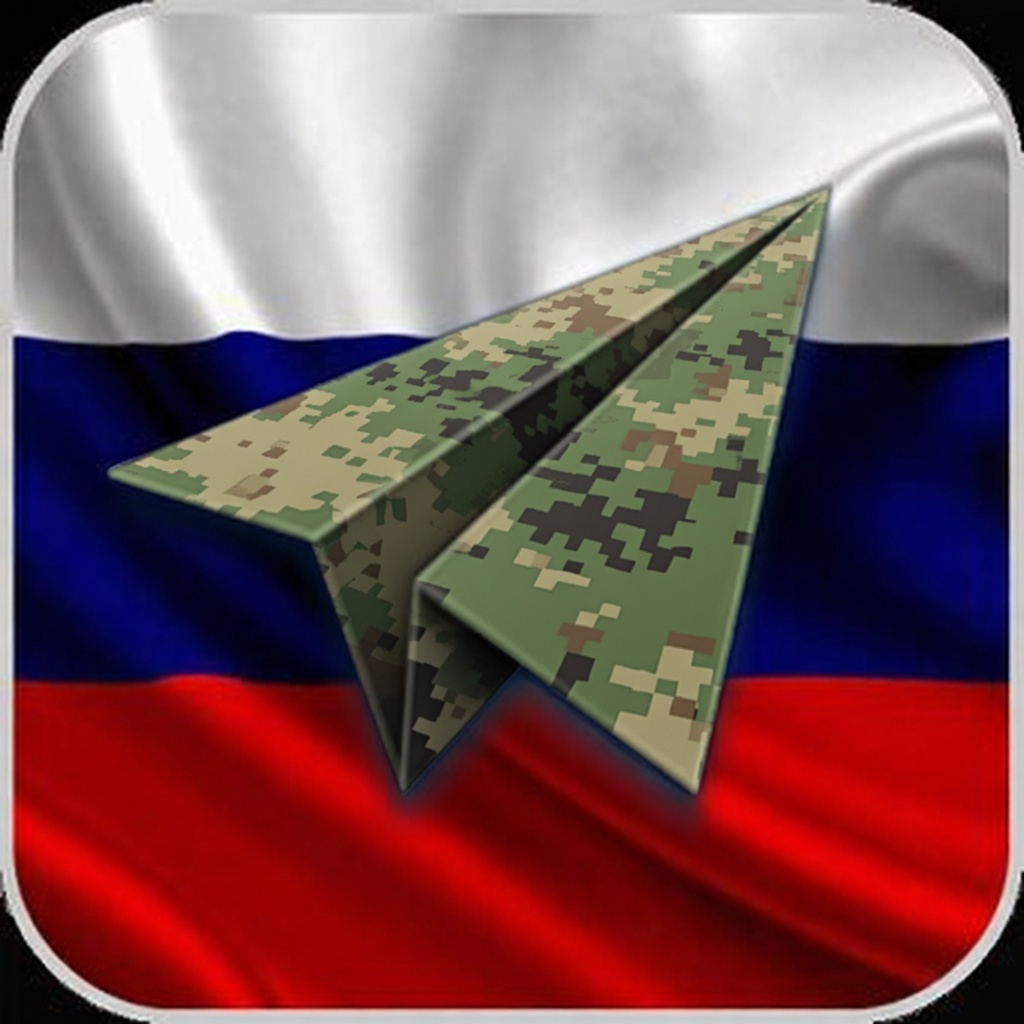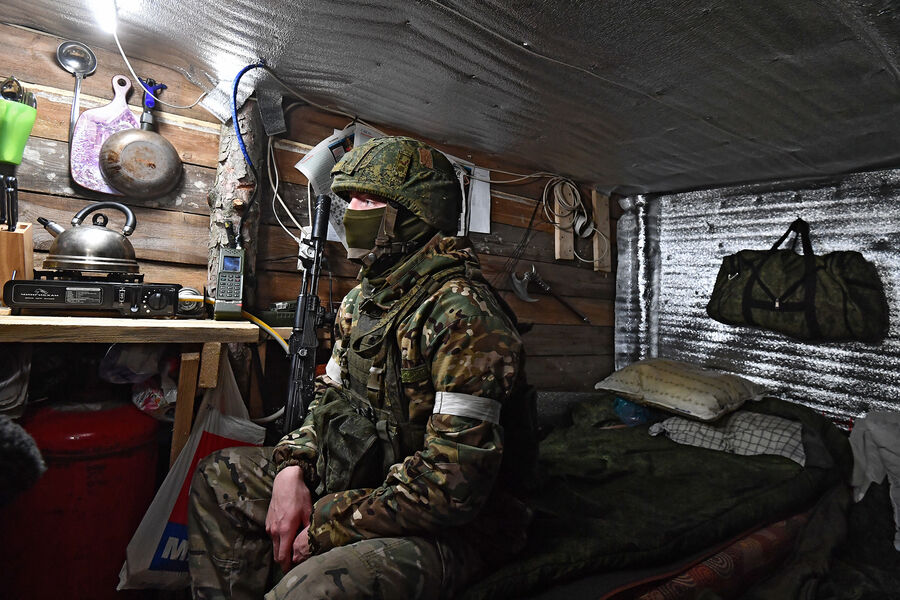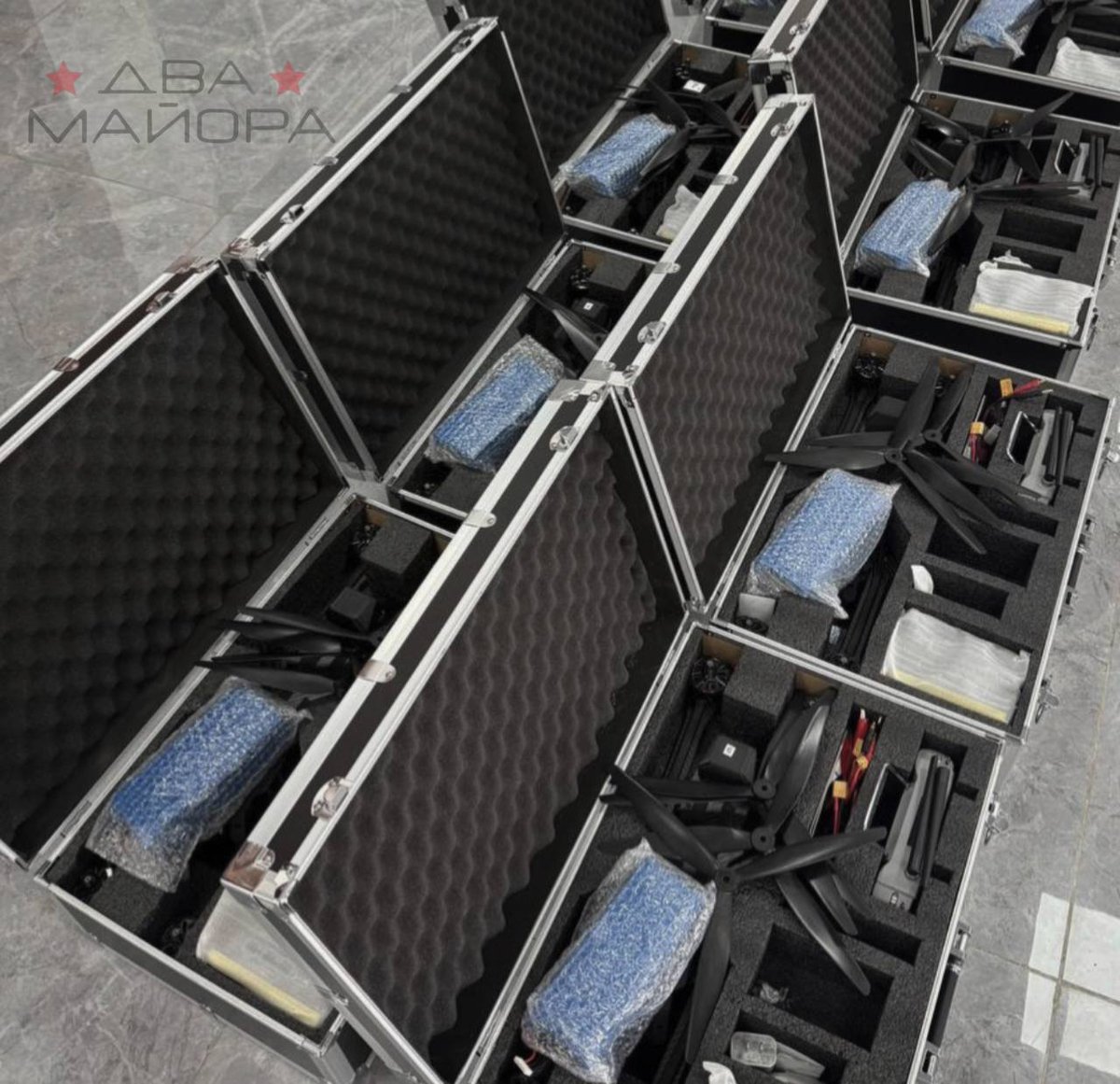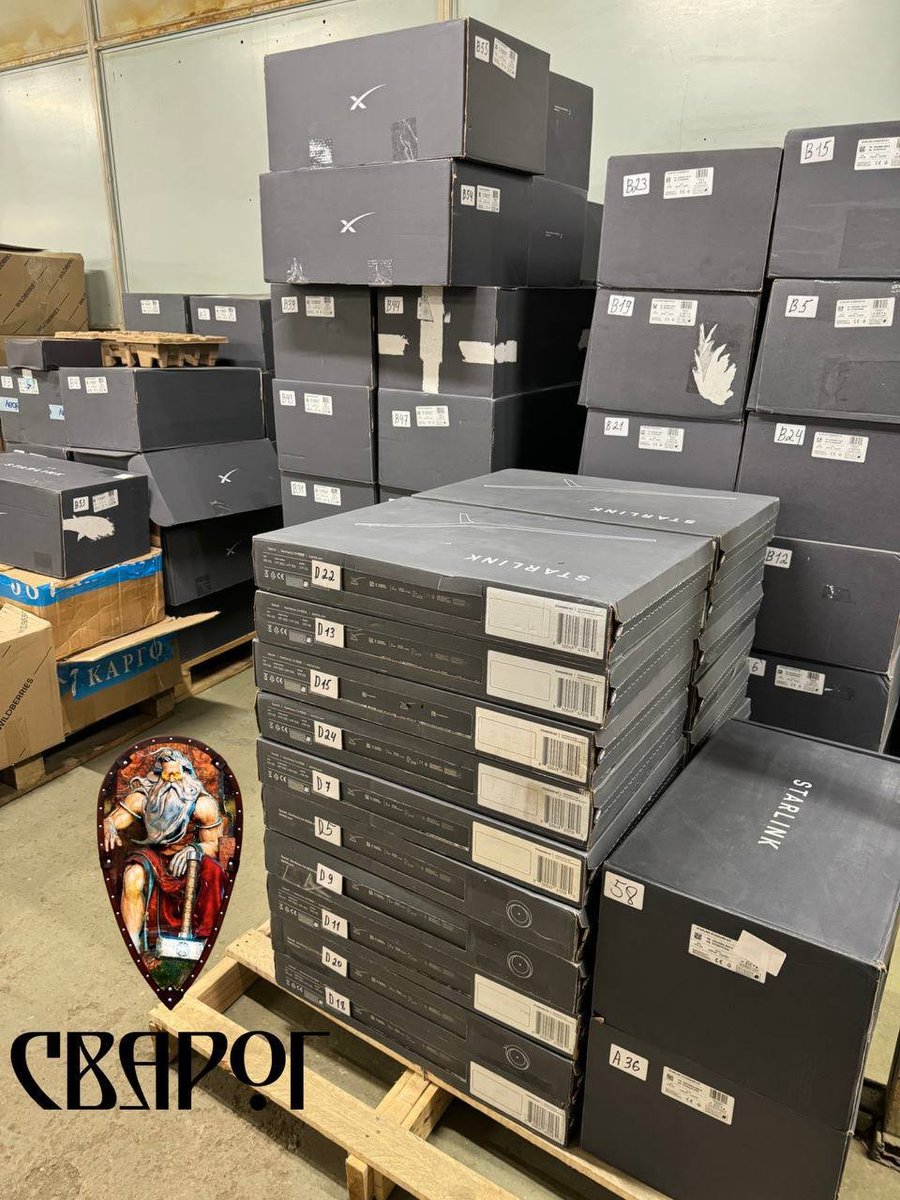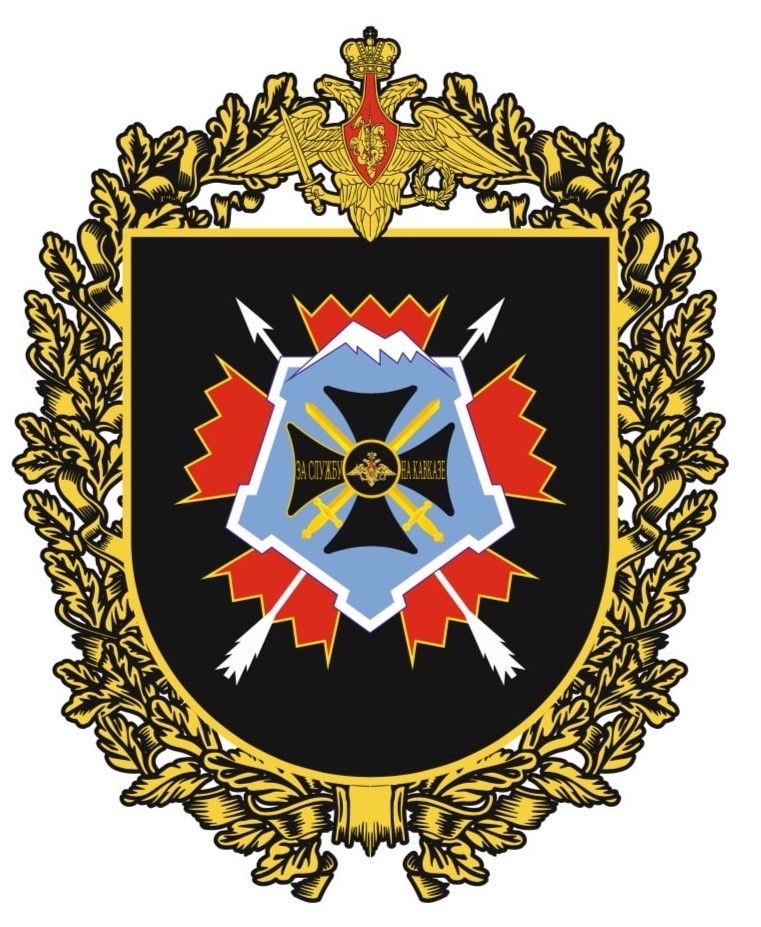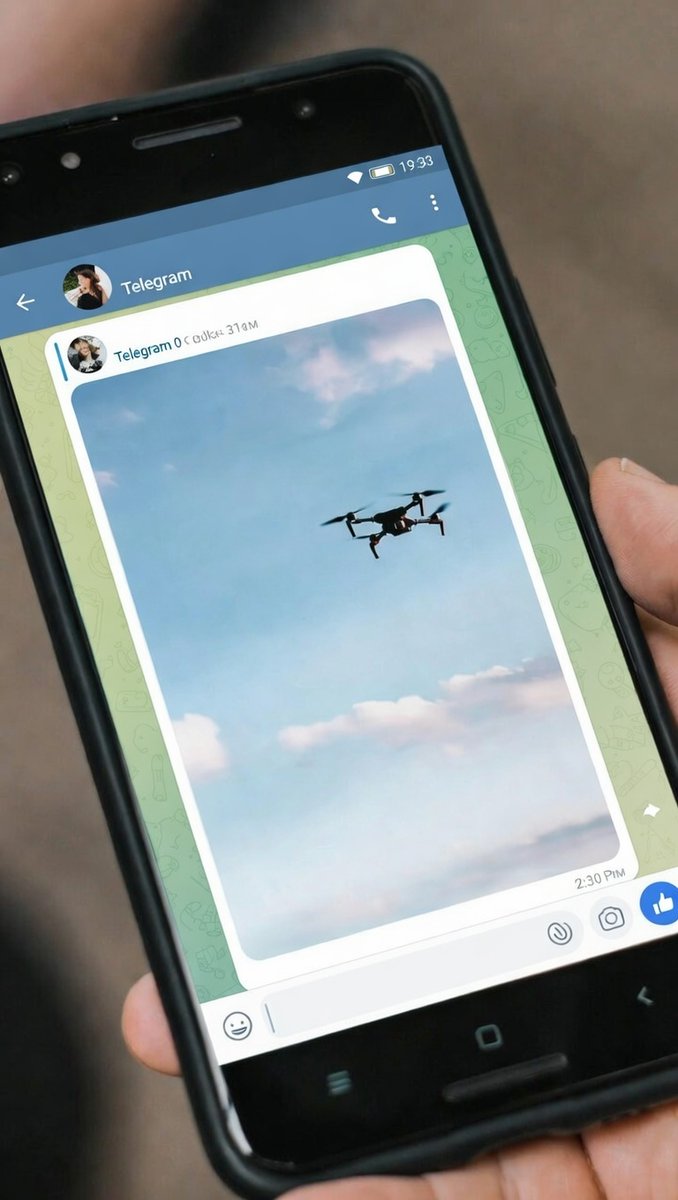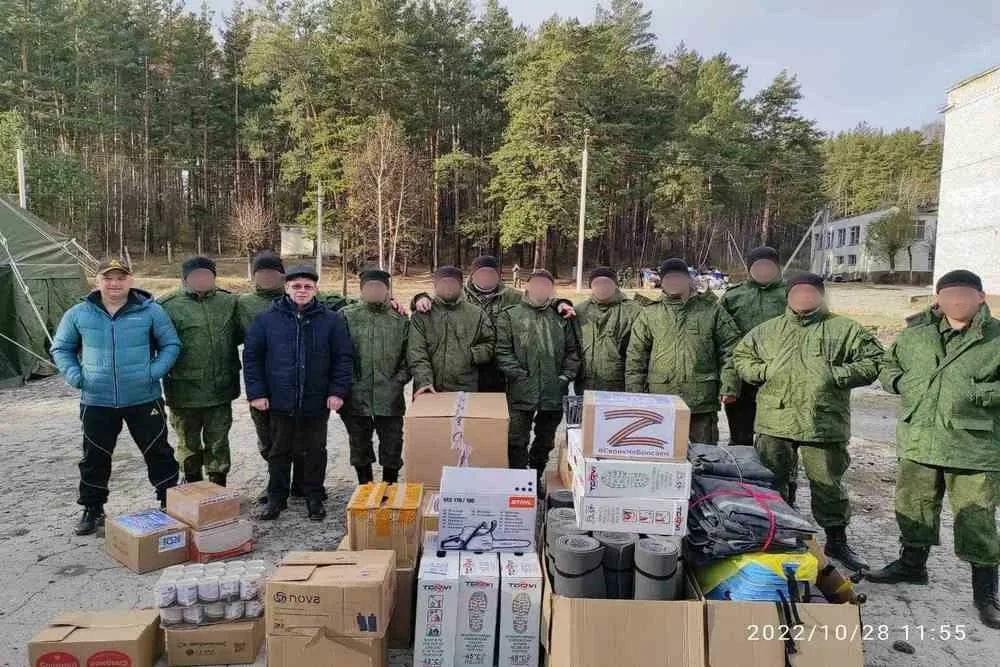1/ Paratrooper Pavel Filatyev became one of the first members of the Russian invasion force to enter Ukraine on the morning of 24 February 2022. This 🧵 continues his first-hand account of the Russian capture and occupation of Kherson in southern Ukraine. 

2/ For part 1 in this series of threads, covering Filatyev's six months of training before the war, see:
https://twitter.com/ChrisO_wiki/status/1560022545356791810
3/ Part 2 highlights Filatyev's account of the period immediately before the invasion and the first few hours afterwards:
https://twitter.com/ChrisO_wiki/status/1560355153441705984
4/ A few hours after crossing the border, Filatyev's unit found itself under fire from Ukrainians near Kherson. Filatyev had been assigned to a mortar unit, but had the problem of knowing nothing about mortars. He made himself useful by carrying weapons and ammunition.
5/ "They're fucking heavy, what the fuck. I don't need this mortar!" As bullets impacted the ground around him, Russian troops stormed and captured the Ukrainian position. It was only a brief skirmish and the advance soon resumed.
6/ By the early afternoon, the paratroopers had reached a sandy wooded area, probably the Oleshky Sands nature reserve south-east of Kherson. Filatyev learned that they were carrying out a flanking manoeuvre against the city while the main force went a different route. 

7/ Their vehicles began to break down. "The equipment was simply abandoned on the road, and its crews sat down with others." The thawing ground, melting earlier in the south than in Ukraine's colder north, proved another obstacle when they tried to drive off-road.
8/ "Our trucks got stuck in the mud, and there was a sort of invisible depression where the snow had long since melted but the water in the ground had not dried and there was an invisible marshland."
9/ Armoured personnel carriers and heavy trucks loaded with ammunition got stuck in the mud, and more vehicles got stuck when they tried to tow out the stuck ones. The entire column ground to a halt in a highly vulnerable position. In the end, they abandoned the stuck trucks. 

10/ Filatyev could hear the sound of incoming artillery on the other side of the hill. He sought to find out what was happening, but found that everyone he asked "had no energy anymore (some were sleeping in their vehicles), or it was just banal, as usual, 'who gives a fuck'."
11/ He reported to his regiment's deputy commander: "Comrade [Lieutenant] Colonel, there is a battle going on over the hill, two or three kilometres at the most, signal flares and smoke [signals] were launched, red and white." He asked what it meant.
12/ The lieutenant colonel, who had blood on his uniform from dealing with a casualty, looked at him. "After a pause, looking now into my eyes and then up the hill, he said, 'I don't know what the fuck that means, get the fuck out of here!'" Filatyev duly got out of there.
13/ Nobody knew who was fighting who – communications with the rest of the invasion force had already broken down, less than 12 hours into the operation. The column eventually moved off again before halting for the night, again in a highly vulnerable position.
14/ Filatyev and his comrades spent a sleepless night but the feared Ukrainian counterattacks did not come. He wondered if this meant "that things were not so bad and the [Ukrainian forces] were either really doing even worse than we were, or we were now falling into a trap."
15/ The Ukrainians were indeed doing very badly, but the Russians were also taking casualties – from their own side. One man was shot from behind with the bullet penetrating his body armour and killing him. Another died after having his leg badly broken by a rotating gun turret.
16/ The dying man was put in Filatyev's truck but was not evacuated. "Instead of evacuating him to a hospital with wonderful and caring nurses, as in American films, we drove him farther and farther behind enemy lines on boxes with mines in a 'Ural' truck that had no brakes."
17/ There were more serious incidents elsewhere. An artillery unit got ahead of the main force and had to turn back. Like many other units, its communications had broken down. With its Z-symbols invisible in the dark, it was spotted and mistakenly attacked by its own side. 

8/ "200s [killed], 300s [wounded] [were left behind], others fled in a panic in the dark", Filyatev writes. Several of the survivors escaped into the woods and fields "and the next day came out to our people".
19/ The column drove on towards Kherson, though more villages flying Ukrainian flags. "These flags were striking and aroused mixed feelings of respect for the courageous patriotism of these people and a sense that these colours now belong to the enemy".
20/ Filatyev eventually met up with his old company, who were shaken by their experiences so far: "'Fuck, it's fucked up,' 'We've been fucking around all night, you got a smoke?', 'I was picking up bodies off the road, there's one with his brains on the pavement.'"
21/ Now the column "rushed at high speed in the direction of Kherson". Filatyev passed "broken, burned or abandoned Ukrainian equipment. It was old Soviet equipment even worse than ours - BTRs, BRDMs, GAZs, Ural trucks, old OSA-type air defence systems." 

22/ Filatyev worried about likely Ukrainian resistance. "I don’t think that the mayor of the city will come out with bread and salt, raise the flag of the Russian Federation over the administration building, and we will enter the city in a parade column...
23/ "Kherson is a large city, if we drive there in a column, then we are fucked. I knew our level of preparation and organization and prepared for the worst. How bad must things be in the Ukrainian army that our command decided that we would swoop down on this city?"
24/ Suddenly, Ukrainian GRAD MLRS launchers were reportedly spotted ahead. The column abruptly turned around and drove back the way it came at maximum speed, stopping in a forest to set up defensive positions. Filatyev's unit brought several Ukrainian prisoners with it.
25/ No attack came. After another cold night, a tank column from the 33rd motorized rifle regiment arrived at Filatyev's position. The defences had been arranged so haphazardly that "if [the Ukrainians] reached us and drove past, half of us would shoot each other..."
26/ He tried to "find a position to avoid being shot at by my own people" but gave up when he realised that it was "almost impossible". In the late afternoon, the column set off again and crossed the Antonivskyi Bridge to Kherson. Filatyev began to see the signs of recent battle. 

27/ Destroyed Ukrainian equipment stood on the road alongside broken-down Russian armoured vehicles and trucks, which had been abandoned. "The sun began to recede sharply, everything turned grey, [there was] the smell of gunpowder and smoke."
28/ The vehicles slowed down to a crawl, "making them perfect targets for air and artillery. How fucked up must the Ukrainian Armed Forces be that they haven't fucked us up yet? This huge convoy ... was an ideal target for aircraft and artillery."
29/ Men jumped out of their vehicles to loot roadside shops, grabbing cigarettes, crisps and soda. Filatyev's unit was ordered to bypass the city centre and seize Kherson Airport, to the northwest of the city. After they had set up an HQ there, a firefight started on the runway. 

30/ "A big explosion lit up the place... a KAMAZ [truck] on the runway exploded, I don't know how many vehicles are on fire, people scatter, fall to the ground, some take up positions ... everything explodes again, I see the terminal building, I can hear the machine guns."
31/ But it was just another friendly fire incident. "About 10 minutes later I realise it's not an ambush and no one's attacking us right now ... it's not clear if there's any dead or wounded, a couple of the vehicles burnt to a crisp, the explosions have stopped, it's dawn."
32/ The men dug positions right in front of their ammunition trucks, which worried Filatyev. "Everyone starts arguing and everyone picks his own foxhole, so we end up chaotically entrenched in front of the cars, 30 metres away from them, and I realise that's suicide."
33/ On 28 February, orders came to attack Kherson and take its seaport, on its south side. The column headed slowly into the city. Along the way, Filatyev passed Tigr high-mobility vehicles, "seemingly with Kadyrov's men [from Chechyna], we greet each other with a show of hands." 

34/ "I find out that from different directions, the rest of the troops from our 7th division, our Parachute Battalion, each unit has its own direction and point that needs to be taken, we're assigned the seaport. Are we really going to be ordered to enter the city at night?"
35/ To Filatyev's alarm, his unit repeatedly encountered Ukrainian civilians with smartphones who were apparently tracking their movements. One detainee was found to be subscribed to "a Telegram group in which people were uploading information, photos ...
36/ and videos of how many where and when they saw troops. We're being monitored online and a lot of civilians are involved. Doesn't add to the positivity, the atmosphere is shit, there's nothing to eat, the mortar team left without sleeping bags and dry ration packs." 

37/ The Russians began to arrest civilians. Filatyev caught a man who "smells like diesel" after reeds near their positions burst into flames. Across a dried-up river, he could hear shouts of "Glory to Ukraine". He saw a young girl near his position and inspected her smartphone.
38/ "I watch instant messages ... in the spirit of 'Where are you?', 'I'm there then', 'There are soldiers everywhere', 'Here (address) also soldiers', ... I did not read further and gave it back to her, it became again somehow disgusting from all this shit."
39/ Filatyev insists that his unit treated the prisoners well: "I can't speak for the rest of the army, but I didn't see anyone get beaten up, much less raped." But it's not clear what became of them afterwards.
40/ After a freezing night, the column continued into the city centre on the morning of 1 March. Heavy gunfire and explosions could be heard. "The city was grey, with the smell of gunpowder everywhere, gunfire and explosions, something was burning, somewhere was smoky ...
41/ "Civilians were almost invisible, as if the city had died out, the snow with wind and rain emphasised the gloom." But Filatyev's column encountered no resistance, and by 17:30 had reached the seaport. Kherson had fallen to the Russians. 

42/ In the next installment, I'll cover Filatyev's experience of the Russian forces' disastrous attempt to advance from Kherson to Mykolaiv, during which he suffered the eye injury that was to take him out of the war. /end
• • •
Missing some Tweet in this thread? You can try to
force a refresh


